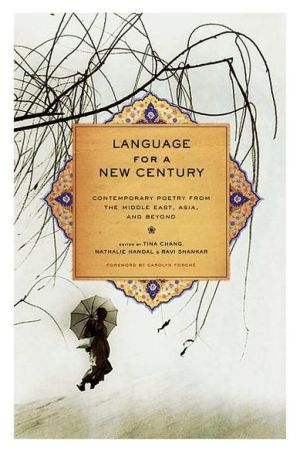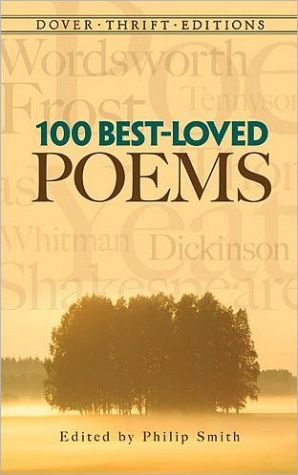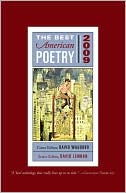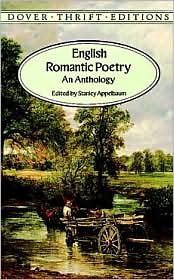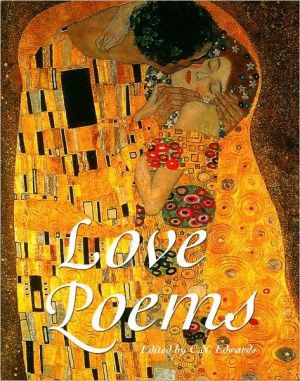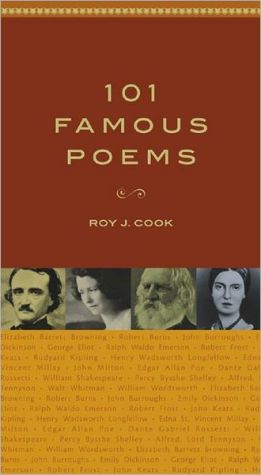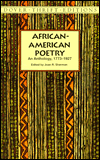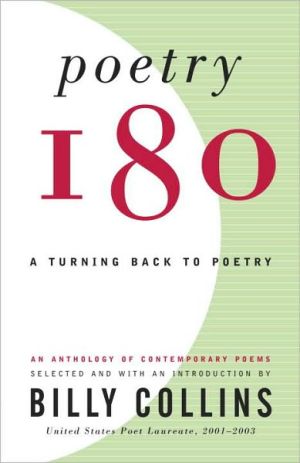Language for a New Century: Contemporary Poetry from the Middle East, Asia, and Beyond
Language for a New Century celebrates the artistic and cultural forces flourishing today in the East, bringing together an unprecedented selection of works by South Asian, East Asian, Middle Eastern, and Central Asian poets as well as poets living in the Diaspora. Some poets, such as Bei Dao and Mahmoud Darwish, are acclaimed worldwide, but many more will be new to the reader. The collection includes 400 unique voices—political and apolitical, monastic and erotic—that represent a wider...
Search in google:
A landmark anthology, providing the most ambitious, far-reaching collection of contemporary Asian and Middle Eastern poetry available.The Barnes & Noble ReviewIn his New York Times book review of Brian Turner s debut Here, Bullet, critic and poet Joel Brower wrote: "The day of the first moonwalk, my father's college literature professor told his class, 'Someday they'll send a poet, and we'll find out what it's really like.' " Turner, a poet-soldier, had served in Iraq and then sent poems back from the war, and Brower found occasion to make -- or rather to repeat -- an impassioned conception of poetry as the real font of human understanding, as language that bypasses the faux-objective worlds of the press release or journalese and roots in the world of observation, perception, of longing and belonging.
\ Publishers WeeklyThis ambitious yet accessible gathering of hundreds of poets from various parts of Asia, the Middle East, Africa, Europe, America and elsewhere is likely to excite poetry fans as well as those new to poetry. Seeking a response to 9/11, the three editors, who are poets and teachers of Asian-American descent, hoped to share "an alternate vision of the new century in which words, not weapons, could define our civilization." Divided into nine idiosyncratic sections—with titles like "Bowl of Air and Shivers" that cover topics including Eros and the meeting of the political and the personal—the book is more an esoteric journey than a systematic reference. Readers may recognize the names of major international figures (Nazim Hikmet, Taha Muhammad Ali) and famous American writers (Michael Ondaatje, Li-Young Lee), who may draw attention to many writers unknown in the U.S., such as Hsien Min Toh of Singapore, who, upon seeing sport hunters shooting crows, awakens to an all-too-familiar ambivalence about "my unkind nation, in whose name only I will be/ able to walk up the lane with lowered head." While the book's sheer size can be overwhelming, it is packed with treasures. (Apr.)\ Copyright © Reed Business Information, a division of Reed Elsevier Inc. All rights reserved.\ \ \ The Barnes & Noble ReviewIn his New York Times book review of Brian Turner's debut Here, Bullet, critic and poet Joel Brower wrote: "The day of the first moonwalk, my father's college literature professor told his class, 'Someday they'll send a poet, and we'll find out what it's really like.' " Turner, a poet-soldier, had served in Iraq and then sent poems back from the war, and Brower found occasion to make -- or rather to repeat -- an impassioned conception of poetry as the real font of human understanding, as language that bypasses the faux-objective worlds of the press release or journalese and roots in the world of observation, perception, of longing and belonging. \ Poems are mirror and window into hidden gardens, into light, shape, texture. With their overlay of inner and outer worlds, they offer entry into intimate landscapes of place and family, hope and prayer, and felt world. They offer spaces of shared inhabitation. And indeed, if this is the case, we "average American readers" (whoever "we" are) are in need of many poets, in places as foreign to us and each other as Iraq and the moon are. And as evidenced by the past seven-odd years, nothing could be timelier than the chance to experience the passionate expressions of the wider world made in song and speech.\ The current climate of unrest -- of overpopulation, of food shortages, of looming environmental crisis, of religious polarization -- only adds urgency to what would have already been a necessary project. Language for a New Century, a new anthology edited by Nathalie Handal, Tina Chang, and Ravi Shankar, is poised to bear witness to the complexity and multiplicity of a world in flux. The burgeoning population of Asia alone would warrant an anthology of its contemporary poetry. The multiple forces of upheaval, diaspora, and modernity also spur curiosity -- what has happened in Indian poetry since Tagore? With respect to Du Fu, what are the poets of China singing about now? In the West, even those who have adopted a canon of certain Asian classics might find them as beloved canonized standbys while missing entirely any current pulse.\ Meanwhile, borders shift and slip -- the West is full of Asian immigrants, ex- and post-colonial homelands, migrant laborers and traveling academics, refugees and businesspeople, all of whom have brought richness and vigor to so-called Western letters. We live in an era that has asked us to expand our literacy, our knowledge, our geography of elsewheres, and brought us both new vocabularies and the need for global dialogue. Shared language, shared vision, is an instrument of common understanding and also, one hopes, of peace.\ Fortunately, Language for a New Century is a book of many lenses, many windows, and as many mirrors as a Gujarati tapestry. It holds poems from Urdu, Hebrew, Punjabi, Marathi, Uzbek, Japanese, and Arabic. We find Sufis, Hindus, Buddhists, Muslims, Catholics, Jews. We find homelands and new lands and the mystery and asymmetry of worlds viewed in travel. If I have one complaint about this book, it is the very thing that I celebrate most about it -- its cacophonous, contradictory, and seemingly infinite specificities. We, the reading audience, are allowed to savor Filipino tamarind sauces in San Francisco, to worship the Buddha in Vietnam; to do puja to Saraswati, goddess of knowledge, in Britain. The book is not arranged by nationality, and it is not arranged by academic logic. It does not divide up by homeland of birth or of current residence. It does have looser groupings that have to do with homesickness, childhood, experimentation -- nets woven from the material and the sensibilities of its three editors.\ Sections like "Parsed into Colors," "Bowl of Air or Shivers," or, poignantly, "The Quivering World" do not categorize as a way to rein in interpretation but rather to open it outward. The book does not build any one bridge but rather serves as a web of witness to the multiple crossings and displacements that are the life of our time. Each page holds some relic of a specific place -- verbena and cuttlefish, coconut and praying mantis, jade cicada and caged bird, honey and tyrants, figleaf and fishbone. As if begging the sorts of questions that in part prompted the book, Marilyn Chin writes, "I call you racist, you call me racist / Now we're entering forbidden territory....Ms. Lookeast, Ms. Lookeast / What have we accomplished in this century?" And as Vijay Seshadri writes, "This is what you have to hack through, / bamboo-tough and thickly clustered. / The myths are somewhere else, but here are the meanings, / and you have to breathe them in / until they burn your throat."\ And indeed, while tracing out trails between myths and meanings, any reader of this book may feel as Mei-Mei Berssenbrugge does as she writes, "You go from mass to detail, individuals, little ants. / The instinct to preserve oneself deflects onto vertigo." At 734 pages, the book can induce vertigo (though often of a pleasurable kind) as it whirls between compass points and then settles and unsettles them.\ It is too much to take in at a sitting, or even over the course of several weeks. If rewarding, it is a massive undertaking. One wishes to isolate some of the poems, to see the white space around them, to hear them and suss their meanings out to their myths. But this is perhaps a sign that the book must and will unfold its richness over time, and that it will be a valued reference to a generation of readers and writers to come. Its complexity and multiplicity is its strength. As Monica Youn writes in her poem "Stereoscopes," "What they took / for a star was in fact / a twin star; / their instruments / revealed that / it sometimes was approaching, /sometimes receding." Or, as we might imagine Ovid, who constantly addressed his own writing, saying in its global idiom, "Namaste, fine book: The reader and writer in me salutes the reader and writer in you." --Tess Taylor\ Tess Taylor is the author of The Misremembered World, a collection of poems. Her nonfiction and poetry have appeared in the Times Literary Supplement, The New York Times, and The New Yorker.\ \ \
